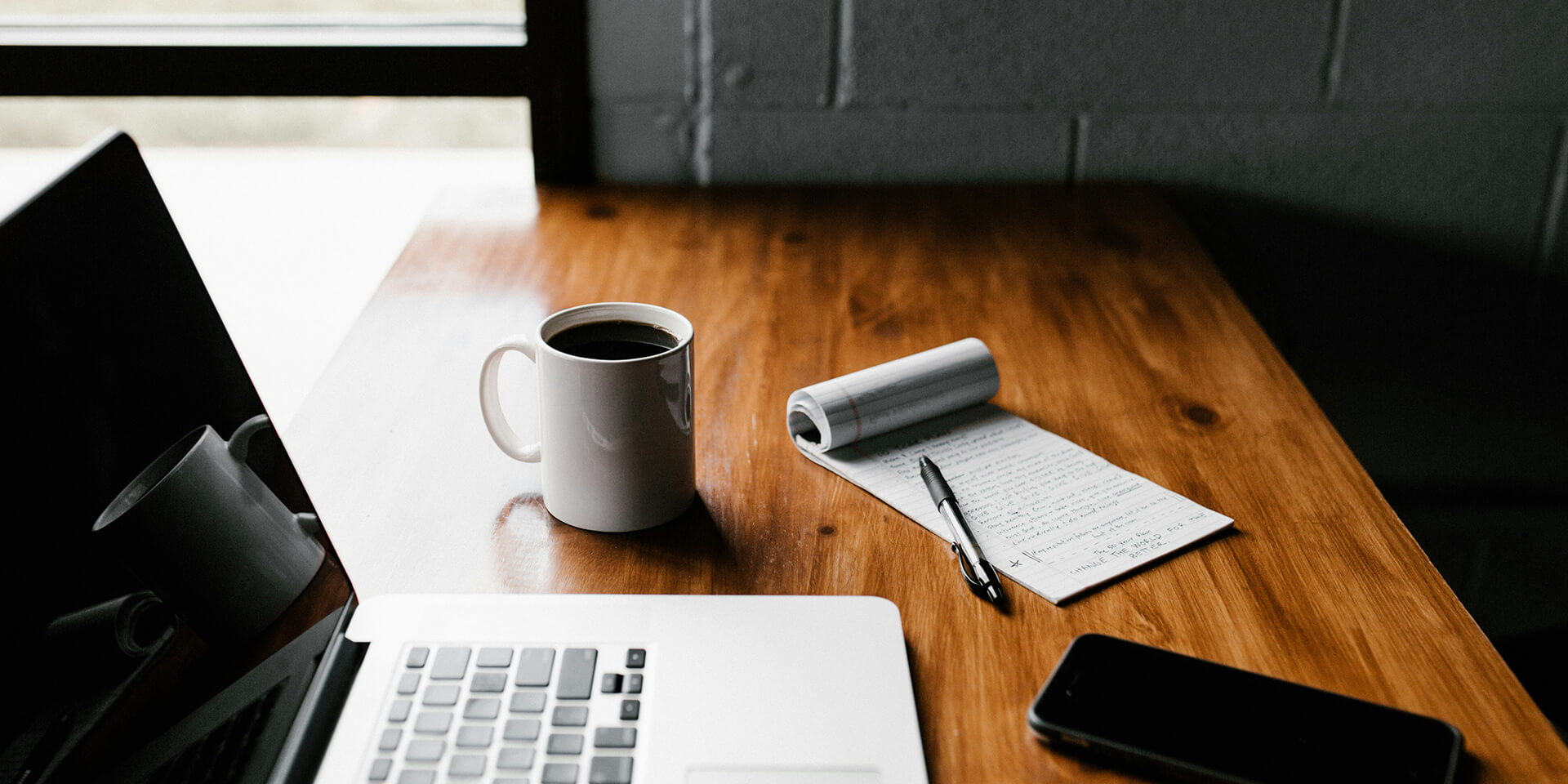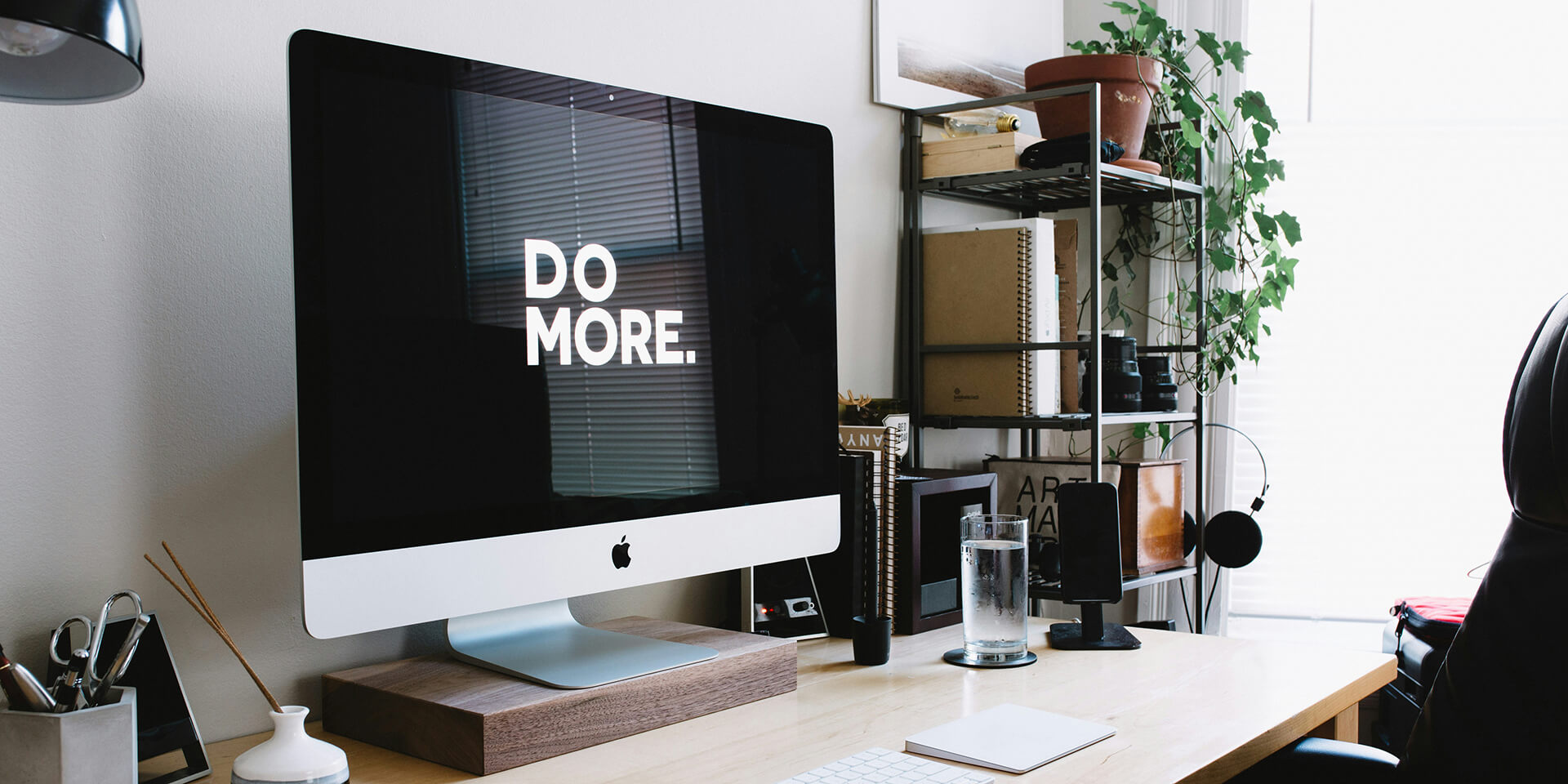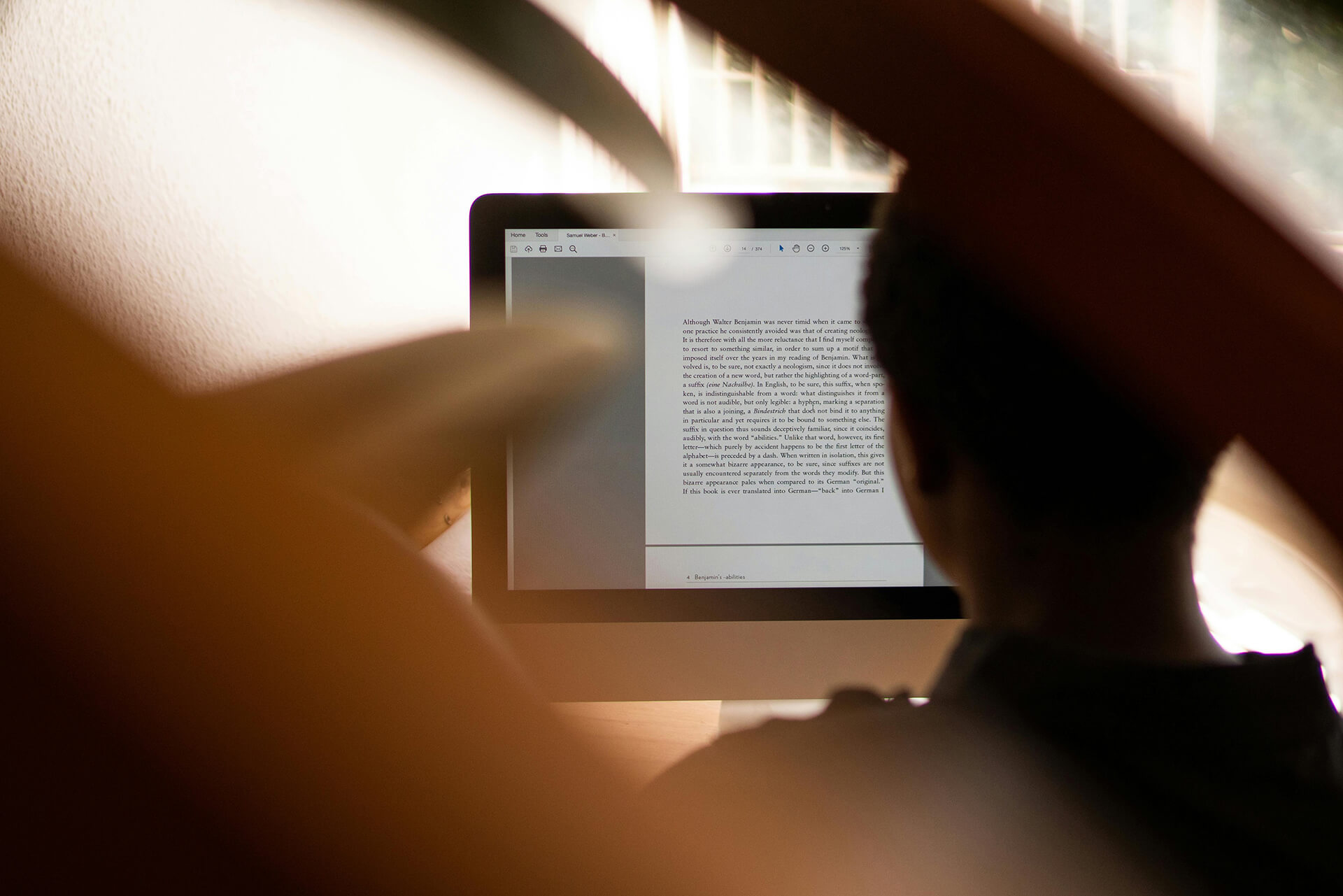Balancing work, study, and personal time is a common challenge many people face, especially in today’s fast-paced, multitasking world. Whether you’re a student working part-time, a professional pursuing further education, or anyone juggling multiple responsibilities, finding the right balance is crucial for success and well-being. Here’s a glimpse into how to structure a productive day that combines work, study, and personal time effectively.
Morning: Start with a Routine
The key to a successful day begins with a morning routine. Start your day early, giving yourself enough time to prepare mentally and physically. Begin with activities that energize you, such as a light workout, meditation, or a nutritious breakfast. These morning rituals set a positive tone for the day and help you approach tasks with a clear mind.
- 6:30 AM – Wake Up and Exercise: Begin with a 15-30 minute workout to boost your energy levels. Whether it’s a quick run, yoga, or some stretches, exercise helps wake up your body and mind.
- 7:00 AM – Breakfast and Planning: A healthy breakfast fuels your body and brain. Use this time to review your tasks for the day. Make a to-do list, prioritize tasks, and allocate time blocks for work, study, and personal activities.
Late Morning: Focus on Study or Work Tasks
Once you’ve set your intentions for the day, it’s time to dive into focused work. Late morning is often a peak time for concentration and productivity, making it ideal for tackling challenging study or work tasks.
- 8:00 AM – Study Session 1: Use the first part of the morning for your study goals. Implement techniques like the Pomodoro Technique to maintain focus. Study for 25-minute intervals, followed by a 5-minute break. Repeat this cycle until you complete your study goals.
- 10:30 AM – Transition to Work Tasks: Take a short break, grab a coffee or a snack, and then shift focus to work-related tasks. Handle emails, attend meetings, or start working on projects that require your attention.
Afternoon: Balance Work and Study
The afternoon can be a time when energy levels dip. It’s important to structure this part of the day to maintain productivity while also allowing for rest and rejuvenation.
- 12:30 PM – Lunch Break: Take a proper lunch break to relax and recharge. Step away from your desk, enjoy a healthy meal, and take a walk if possible. This break helps clear your mind and boosts afternoon productivity.
- 1:30 PM – Work Session: Continue with your work tasks, focusing on less demanding activities if you feel the afternoon slump. Save creative tasks or meetings for this time, as they may energize you.
- 3:30 PM – Study Session 2: Switch back to studying if needed. Use this time to review notes, work on assignments, or prepare for upcoming exams. This session doesn’t have to be long; even 45 minutes of focused study can be effective.
Evening: Personal Time and Reflection
After a productive day of work and study, it’s important to unwind and spend time on personal activities. This helps maintain a healthy work-life balance and prevents burnout.
- 5:30 PM – Exercise or Hobbies: Use this time for physical activity, hobbies, or relaxation. Whether it’s going to the gym, reading, cooking, or spending time with loved ones, engage in activities that bring you joy and relaxation.
- 7:00 PM – Dinner and Relaxation: Have a healthy dinner and take some time to relax. Watch a show, listen to music, or chat with friends and family. Unwinding in the evening helps you transition from work mode to relaxation mode.
- 9:00 PM – Reflection and Planning: Before bed, spend a few minutes reflecting on your day. What went well? What can be improved? Review your tasks for the next day and make any necessary adjustments to your plan.
- 10:00 PM – Wind Down: Engage in a calming activity like reading or meditation to prepare for sleep. Aim to go to bed at the same time each night to establish a consistent sleep schedule.
Conclusion:
Balancing work, study, and personal time is about creating a routine that works for you. By planning your day and setting clear priorities, you can achieve your goals without feeling overwhelmed. Remember, flexibility is key. Adjust your schedule as needed to accommodate unexpected events or changes. By finding the right balance, you’ll be able to stay productive, achieve your objectives, and maintain a healthy, fulfilling life.









